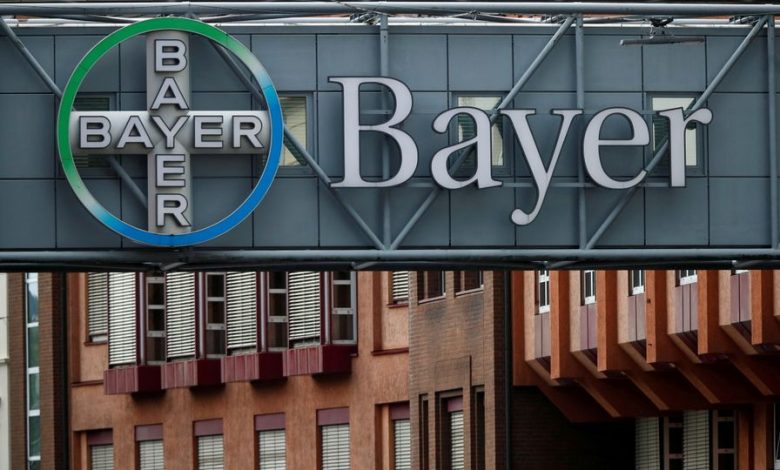Bayer’s Breakthrough Menopausal Relief Drug Shines Amidst Setbacks

In a significant turn of events for pharmaceutical giant Bayer, the company has announced promising results for its menopausal relief drug, elinzanetant, following successful late-stage trials. The drug demonstrated effectiveness in alleviating hot flashes and improving sleep in postmenopausal women, marking a positive development for Bayer’s pharmaceuticals unit.
The Phase III trials focused on the reduction of both the frequency and severity of vasomotor symptoms, commonly known as hot flashes, in postmenopausal women. This announcement comes at a crucial time for Bayer, which recently faced a setback in November when a large late-stage trial for a new anti-blood-clotting drug was abandoned due to lack of efficacy. The failure of this trial had cast doubt on one of Bayer’s most promising development projects.
Before the setback, Bayer had high hopes for the blood-thinning drug, estimating potential peak annual sales exceeding 5 billion euros ($5.5 billion). In contrast, elinzanetant was anticipated to generate about a billion dollars or more per year. The positive outcomes from the menopausal relief drug trials not only offer a glimmer of hope for Bayer but also provide an opportunity to reposition itself in the pharmaceutical market.
Among the secondary trial goals, elinzanetant demonstrated effectiveness in easing sleep disturbances and improving the overall quality of life for women experiencing menopause. Bayer plans to unveil further details of the trials at undisclosed medical conferences in the future.
Bayer’s new CEO, Bill Anderson, who recently assumed the position, is actively considering strategies to restructure the company, including the possibility of breaking apart its divisions. This move is seen as an attempt to revitalize Bayer’s share price, which has faced challenges in recent times.
In the competitive menopause market, for non-hormonal menopausal symptom relief drugs, Bayer faces stiff competition from Japan’s Astellas Pharma Inc, which secured U.S. and European approval for a similar treatment named Veoza, also known as fezolinetant, last year. While Bayer has made significant strides with elinzanetant, it remains critical for the company to navigate the pharmaceutical market effectively to maintain its competitive edge.
It’s worth noting that another similar compound developed by Acer Therapeutics failed to demonstrate efficacy in easing hot flashes in a mid-stage trial last year, underscoring the challenges in this particular therapeutic area. As Bayer moves forward with its menopausal relief drug, the pharmaceutical industry and investors will closely monitor its progress and the potential impact on the company’s overall market standing.





